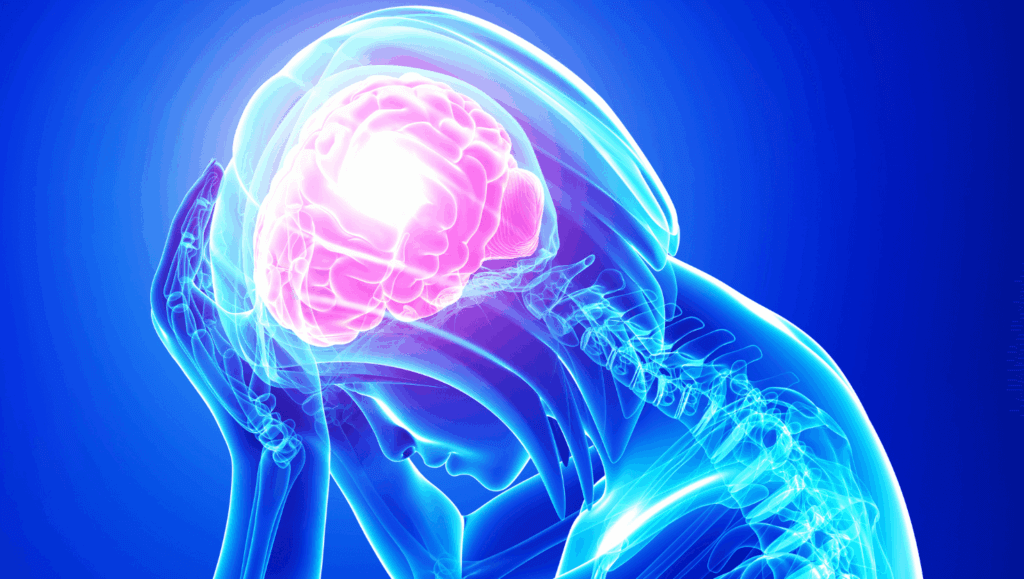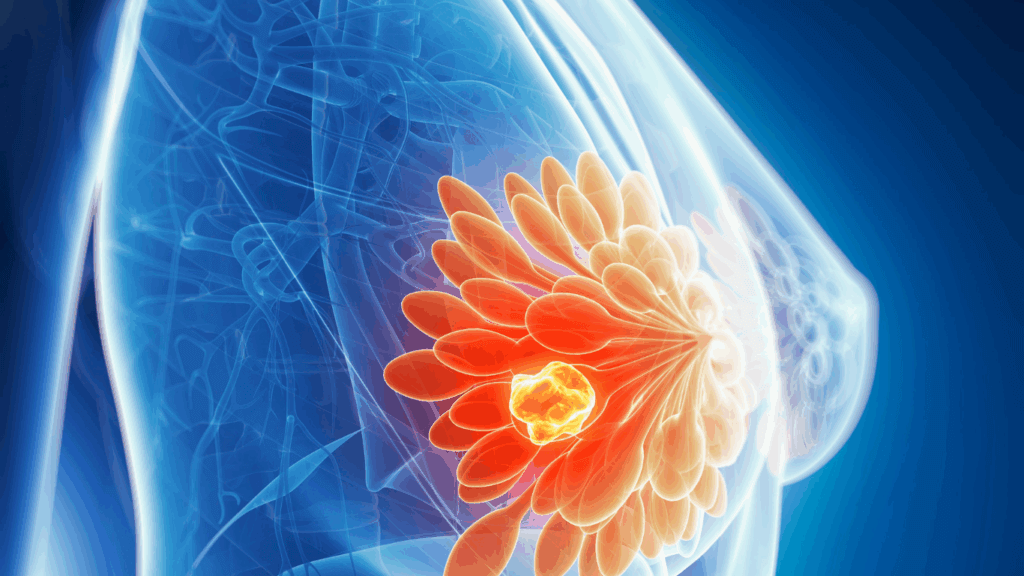Recent scientific research showing that menopause is a type of brain inflammation involving sugar level disruption, as well as fatigue and mood swings, came as no surprise to me!
We’re all familiar with the classic menopausal symptoms; however, let’s break them down and explore their root causes:
* disabling anxiety*
* severe fatigue and insomnia*
* forgetfulness, general inability to cope*
* weight gain*
* cardiac symptoms*

I personally went through the menopause at a younger age than 40, and the mood swings were unbelievable! One day things seem black, the next white.
I was lucky enough to be started on hormones by my gynaecologist, as in those days, at least we knew about the prevention of osteoporosis.
With huge personal interest and previous qualifications in gynaecology, I was very motivated to help with menopausal symptoms in women. I formed Hong Kong‘s first ‘Well Women Clinic’ in 1990, then went on to pioneer bioidentical hormone replacement in Hong Kong (BHRT) rather than the synthetic drug company-produced tablets/patches. (It’s a well-known fact that any oral estrogen taken will increase the risk of stroke or heart attack).
Now, however, there’s so much evidence to show that giving perimenopausal Women actually prevents Alzheimer’s (twice as many women of the same age will get Alzheimer’s compared to men) if hormone replacement is provided in the first five years after these hormone fluctuations. This article highlights brain changes: https://drsusanjamieson.com/health-articles/perimenopause-and-menopause-impacting-womens-brains/

What is perimenopause?
When peri-menopause actually starts is a bit of a confusing point. I’m always seeing women who have regular monthly bleeds and yet not only have symptoms, but whose menopausal blood tests show that they are definitely perimenopausal. What we forget is that the body is still capable of bleeding without them ovulating regularly.
Deconstructing menopausal symptoms
UK charity ‘Wellbeing of Women’, actually found that 25% of perimenopausal women had considered leaving their jobs. As a doctor, I have had a lot of patients who felt the same way, because organisationally and cognitively, they just couldn’t manage. Now researchers are finding that these fluctuating estrogen levels actually inflame the brain. ‘Inflammation’ has become a dirty word in health, and rightly so.
Risks of HRT ( Hormone Replacement Therapy)
According to the British menopause society, even women taking short-term hormone replacement, there is an increase in 10 breast cancers per thousand women per year. This may sound small but it’s going to be pretty significant if it’s you affected.
Also, we know that any oral estrogen, whether it’s the contraceptive pill or hormone replacement therapy tablets, leads to an increased risk of clots, meaning D.V.T, strokes, and heart attacks. Of course, that risk also increases with every year of age.

Natural, or bio-identical hormone replacement therapy (HRT)?
Treating menopause in the 80s involves prescribing a pill made from a horse’s urine that would convert to estrogen in our body. Actually, it worked exceptionally well! Then we got modern “HRT’ – the cute little round pill packets from pharmaceutical companies with synthetic oestrogen and progesterone. This worked okay, however, it did have some side effects, and women often don’t feel so good in it. As I said to them, they may as well take the contraceptive pill because it’s more or less the same thing.
In Western countries, patches of oestrogen and progesterone became very user-friendly and popular. However, as a British-registered doctor, I can say that patches and HRT pill packs are the only things that UK doctors can prescribe, so they don’t have many options. Patches contain synthetic estrogen and progesterone, so some ladies don’t feel so good on this.
Bearing all this in mind, and without implying that any of the above is bad, I believe that the gold standard is a more natural solution.
I’ve been prescribing and personally using for years, more natural forms that are plant-based, but when used as creams, they convert into hormones in the body. This is the case for oestrogen, progesterone, and testosterone therapy,

Menopausal weigh gain; heart racing
Next week, we shall investigate the effects on blood sugar, and how the menopause regulates our blood sugar metabolism, causing obesity around the middle, and how proper menopausal treatment, as well as weight loss drugs, can help with this.
Will also look at the cardiac symptoms, heart racing, chest tightness et cetera.
Please feel free to make an appointment if you have any problems related to your hormones, with which I can help you!
